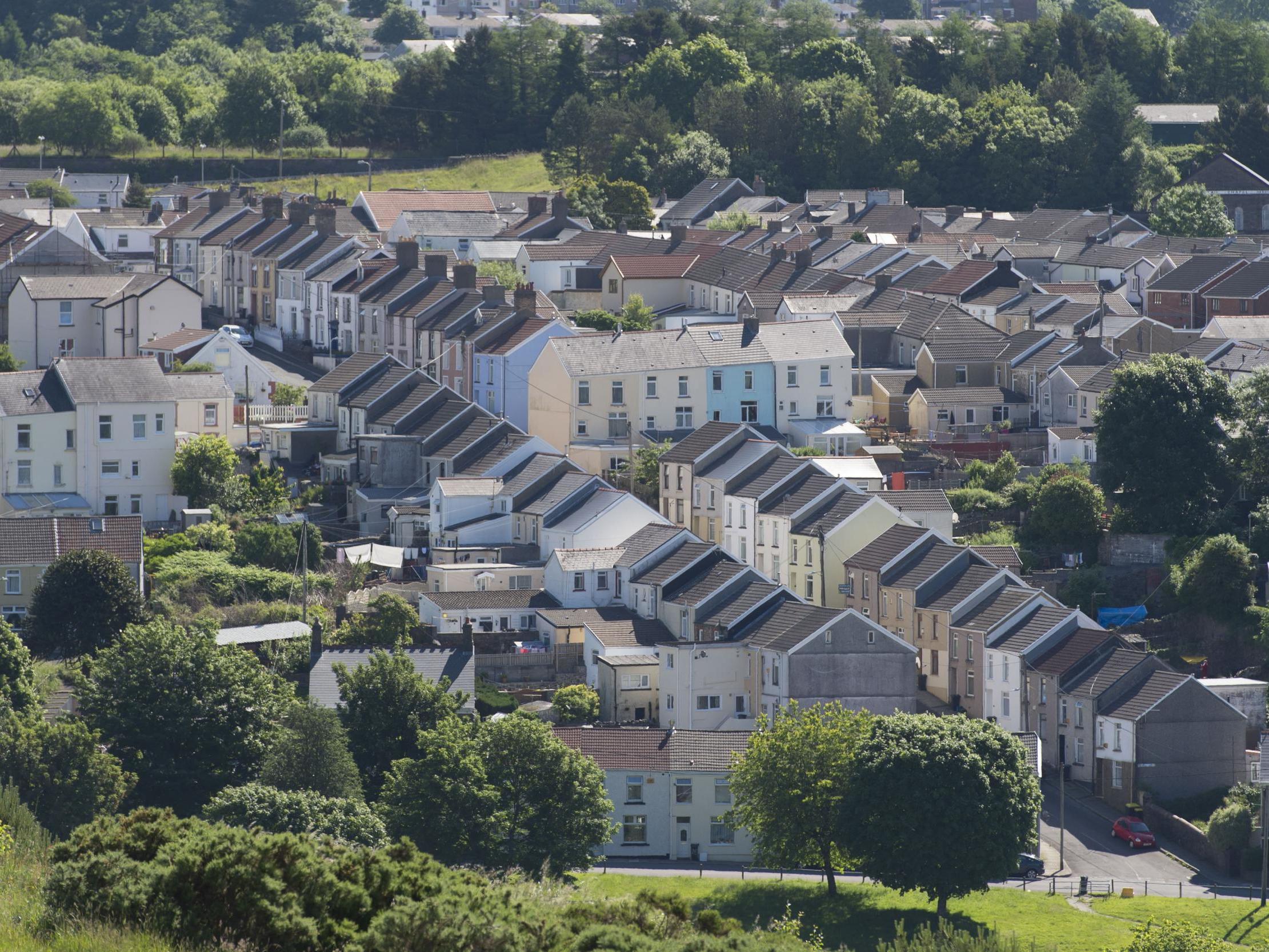Study reveals Britain's most sustainable areas for living
Most respondents say they could do more about living sustainably

Your support helps us to tell the story
From reproductive rights to climate change to Big Tech, The Independent is on the ground when the story is developing. Whether it's investigating the financials of Elon Musk's pro-Trump PAC or producing our latest documentary, 'The A Word', which shines a light on the American women fighting for reproductive rights, we know how important it is to parse out the facts from the messaging.
At such a critical moment in US history, we need reporters on the ground. Your donation allows us to keep sending journalists to speak to both sides of the story.
The Independent is trusted by Americans across the entire political spectrum. And unlike many other quality news outlets, we choose not to lock Americans out of our reporting and analysis with paywalls. We believe quality journalism should be available to everyone, paid for by those who can afford it.
Your support makes all the difference.West Lothian, Cheshire West and Chester, and Bridgend are Britain’s greenest areas, according to a new study of data from local authorities across Great Britain.
The trio were found to be the most sustainable within Scotland, England and Wales, when combining their high rates of recycling and the percentage of homes with a smart meter.
Coming in at a close second was Clackmannanshire for Scotland, East Riding of Yorkshire for England and Merthyr Tydfil for Wales.
“Small actions really do add up to make a difference," said TV presenter Helen Skelton, who is working with Smart Energy GB which released the data. "By getting a smart meter you’re taking a small step towards a more sustainable future for everyone."
But a survey of 2,000 adults found three quarters of respondents believed they could still do more to be better when it comes to sustainable living.
A fifth said they did not do more because they think it costs too much, one quarter believe “it’s too much effort”. One in 10 also fely they did not have the ability to make an impact as one individual.
Just under one quarter admitted they were aware of the environmental benefits of taking shorter showers but did not make a concerted effort to do so.
Almost half purchased single-use plastic bottles of water and 46 per cent said they would boil more water in their kettle than necessary.
Additionally, almost a third would leave lights on in empty rooms, despite four in 10 feeling guilty about their actions.
The poll also revealed respondents were unaware about what they could to make a difference and as a result, one third are worried about their children or grandchildren’s future.
Robert Cheesewright, director of corporate affairs for Smart Energy GB said: “It’s great to see that communities, individuals and families up and down Great Britain are taking simple, small steps towards a greener tomorrow."
SWNS
Join our commenting forum
Join thought-provoking conversations, follow other Independent readers and see their replies
Comments